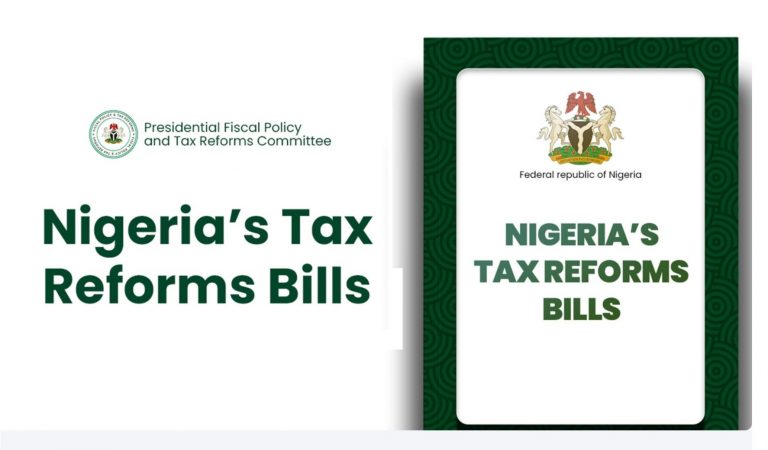1.4K
By Andre Echono
Drawing parallels between Nigeria’s tax reforms and the power sector reveals a recurring theme: strong policies on paper often falter due to implementation hurdles. In the tax domain, the 2025 Tax Act aims to enhance revenue collection and broaden the tax base, but as I’ve noted, the core issue isn’t the regulations themselves, it’s implementation.
Without major reforms in administrative capacity, digital tools, and anti-corruption measures, the act won’t significantly impact most Nigerians, especially those in the informal economy. Instead, compliant taxpayers in the formal sector may bear heavier burdens through increased audits or rates.
This mirrors the power sector’s woes, where generation capacity has seen notable gains-surging 30% to peaks near 6,000 MW in early 2025 following grid overhauls-yet transmission and distribution infrastructure remains in decline, with high losses and stranded power.
For instance, Nigeria utilizes only about 41% of its installed capacity due to outdated lines, gas supply constraints, and poor maintenance, leaving millions without reliable electricity despite available generation averaging 5,639MW by mid-2025. The insufficient transmission networks exacerbate energy poverty, much like tax implementation gaps widening inequality by overburdening the few while missing many.
In both cases, the lesson is clear: Nigeria needs investment in execution-whether bolstering transmission grids or tax enforcement mechanisms-to turn ambition into impact. Without it, reforms risk becoming another cycle of unfulfilled potential.
*Echono is an Abuja-based chartered accountant, tax consultant and grants management expert.



